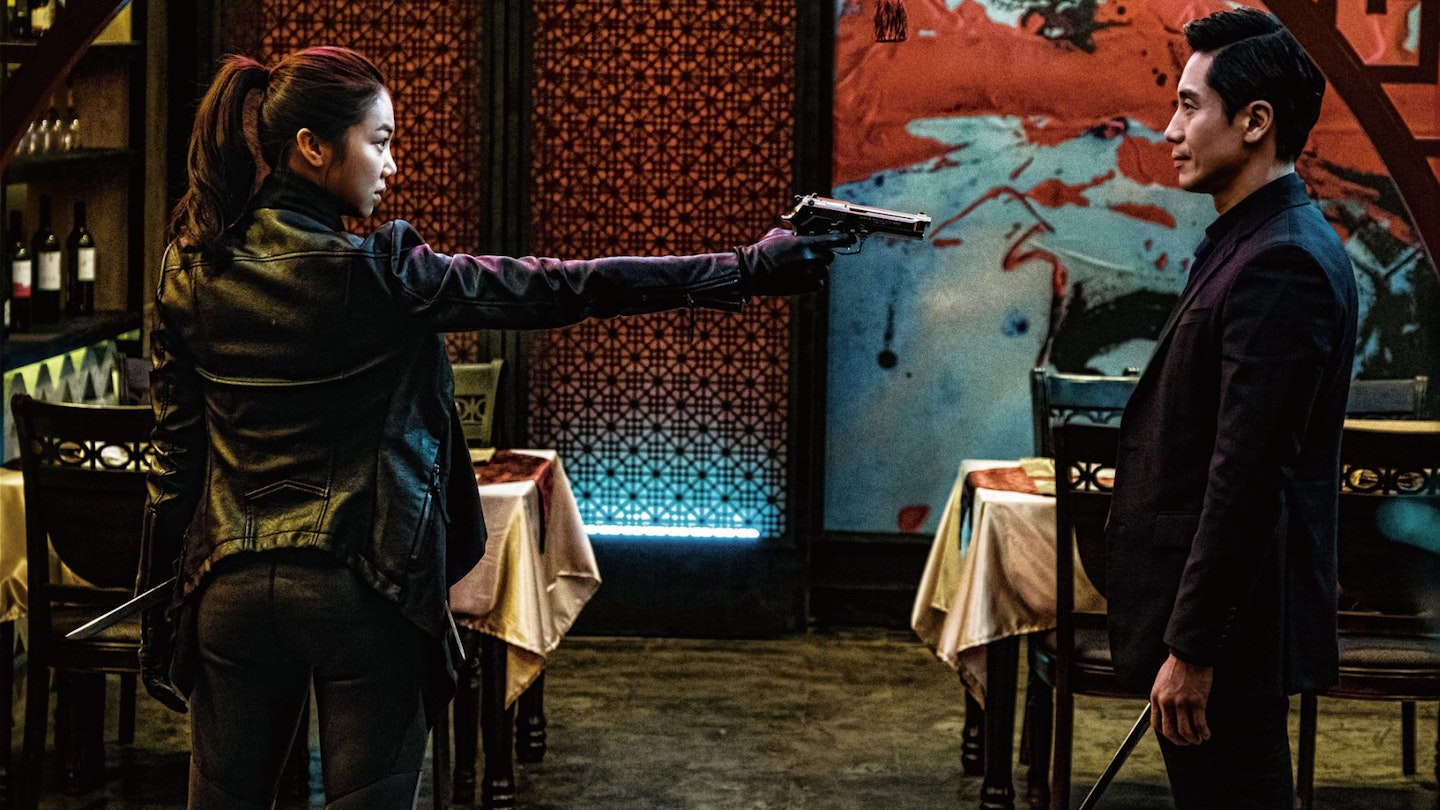Unless you were on a retreat to the Mariana Trench, you’ll know that in 2019, Bong Joon Ho’s Parasite took the world by storm. Not only did its genre-blending social commentary win unanimous plaudits from cinema-goers and critics alike, but it’s also made history at the Oscars, scooping up Best Picture, Best Director, International Feature Film and Original Screenplay.
Cut to September 2021, and the first season of Squid Game, written and directed by Hwang Dong-hyuk, was all anyone could talk about. Now Netflix’s most-watched show, Squid Game drew audiences in with its darkly comic application of traditional Korean children’s games and brutally thrilling critique of capitalism and consumer debt. There’s sure to be more of that one the way with the second season.
Whether you’ve long dabbled in the world of Asian cinema or have recently leapt the one-inch-tall barrier of subtitles with Parasite and Squid Game, there’s a whole stack of Korean classics out there to catch up on. Korean cinema is rich and diverse, loaded with fine examples of severe piercing horrors, volatile philosophical thrillers, and heartbreaking dramas.
If you’re looking into getting to know South Korean cinema a little better, here’s our selection of essential movies to get stuck into.
Just so you know, while we may receive a commission or other compensation from the links on this page, we never allow this to influence product selections.
Essential Korean Movies
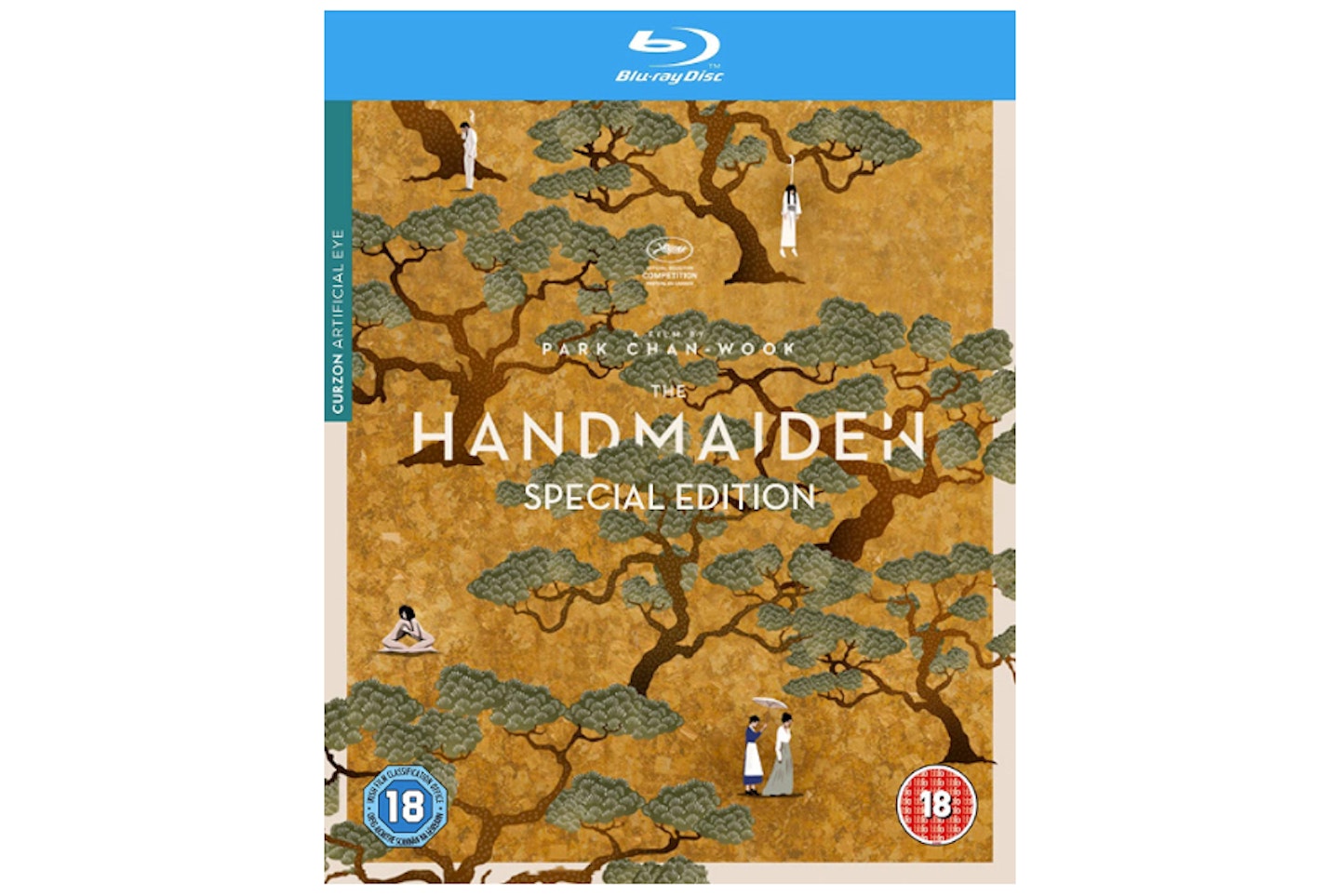 1 of 18
1 of 18The Handmaiden (2016)
Set in 1930s Korea, Park Chan-wook's erotic-thriller The Handmaiden follows Sook-Hee (Tae-ri Kim), a young woman hired as handmaiden to Lady Hideko (Min-hee Kim), a Japanese heiress. Unknown to Hideko, the new aide is a fraudster working with outside forces to have her committed to an asylum and ultimately forfeit her wealth. It's an epic, sumptuous thriller with deep characterisation and multiple major rug-pulls you won't see coming – and sensuous, graphic sex scenes that mean it's best enjoyed in select company.
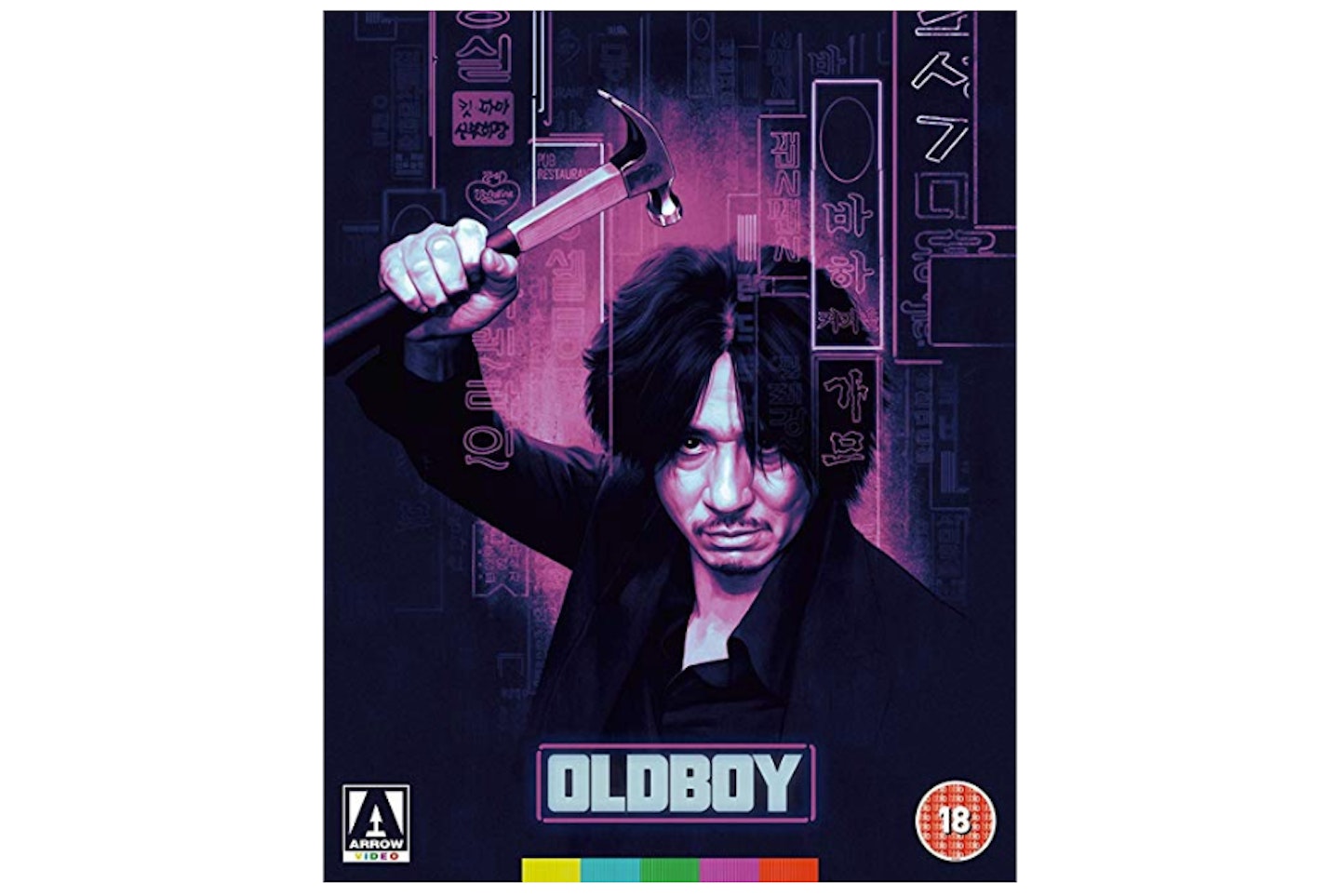 2 of 18
2 of 18OldBoy (2003)
Drunken father Dae-su Oh is abducted from the street while in a drink-fuelled stupor, waking in a locked hotel room with nothing but a television and diary for company. After 15 years, he is unceremoniously freed from this captivity. What follows is a frantic and violent downward spiral into the depths of a revenge inspired by hatred, confusion, and the desire for truth. OldBoy is the second instalment in The Vengeance Trilogy, Park's acclaimed thematically series of movies exploring revenge, violence and redemption.
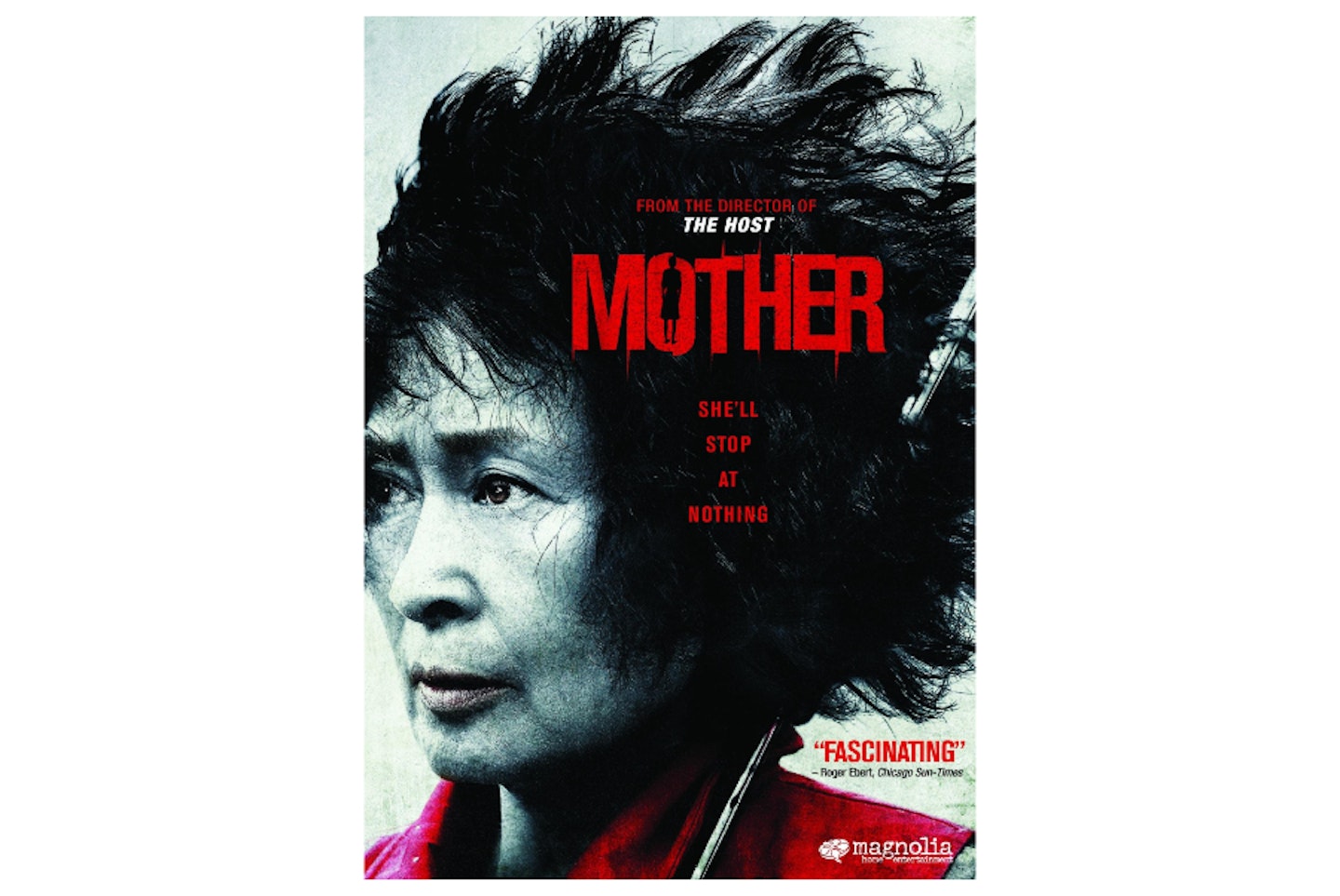 3 of 18
3 of 18Mother (2009)
A financially indebted mother is doing all she can to provide for and protect her mentally disabled son when he is arrested for the murder of a teenage girl. Convinced of his innocence, the mother strikes out to uncover the truth, and nothing will get in her way. An early indicator of Bong Joon Ho's cinematic mastery, Mother is a tense and gritty thrill. Available as part of the Bong Joo Ho Collection.
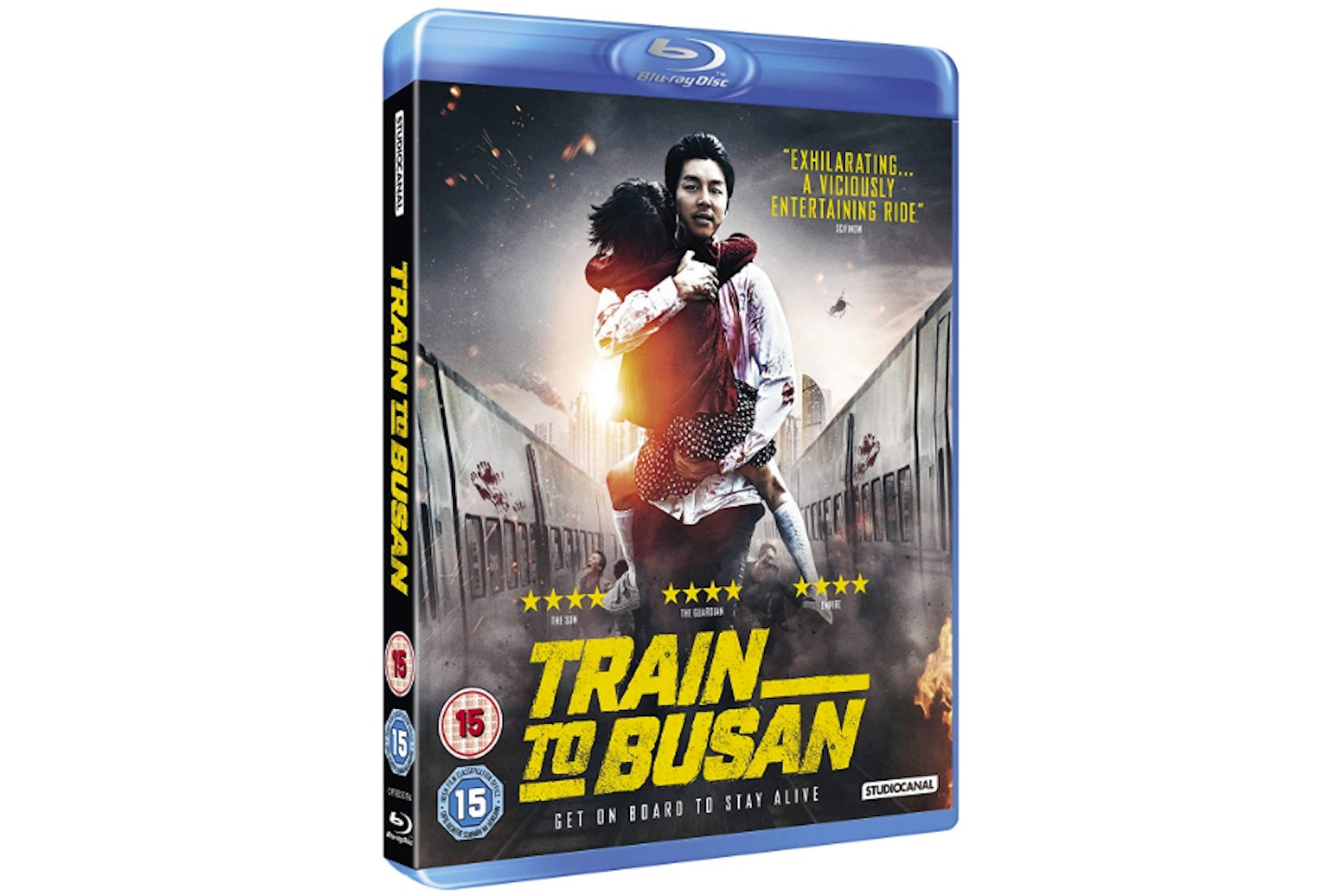 4 of 18
4 of 18Train To Busan (2016)
Or, zombies on a train. Yeon Sang-ho's triumphant, frantic horror movie finds reluctant father Seok-woo (Gong Yoo) accompanying his daughter (Ahn Soo-hee) on the 453km journey to Busan to visit her mother. But as they board the train, the zombie apocalypse begins – with one unwelcome passenger triggering a brutally violent struggle for life, which plays out as both a thoroughbred zombie horror and social commentary. Seoul Station, the animated prequel from the same year also directed by Yeon, further explores the zombie apocalypse genre with discordant families and social dissonance to satisfying ends.
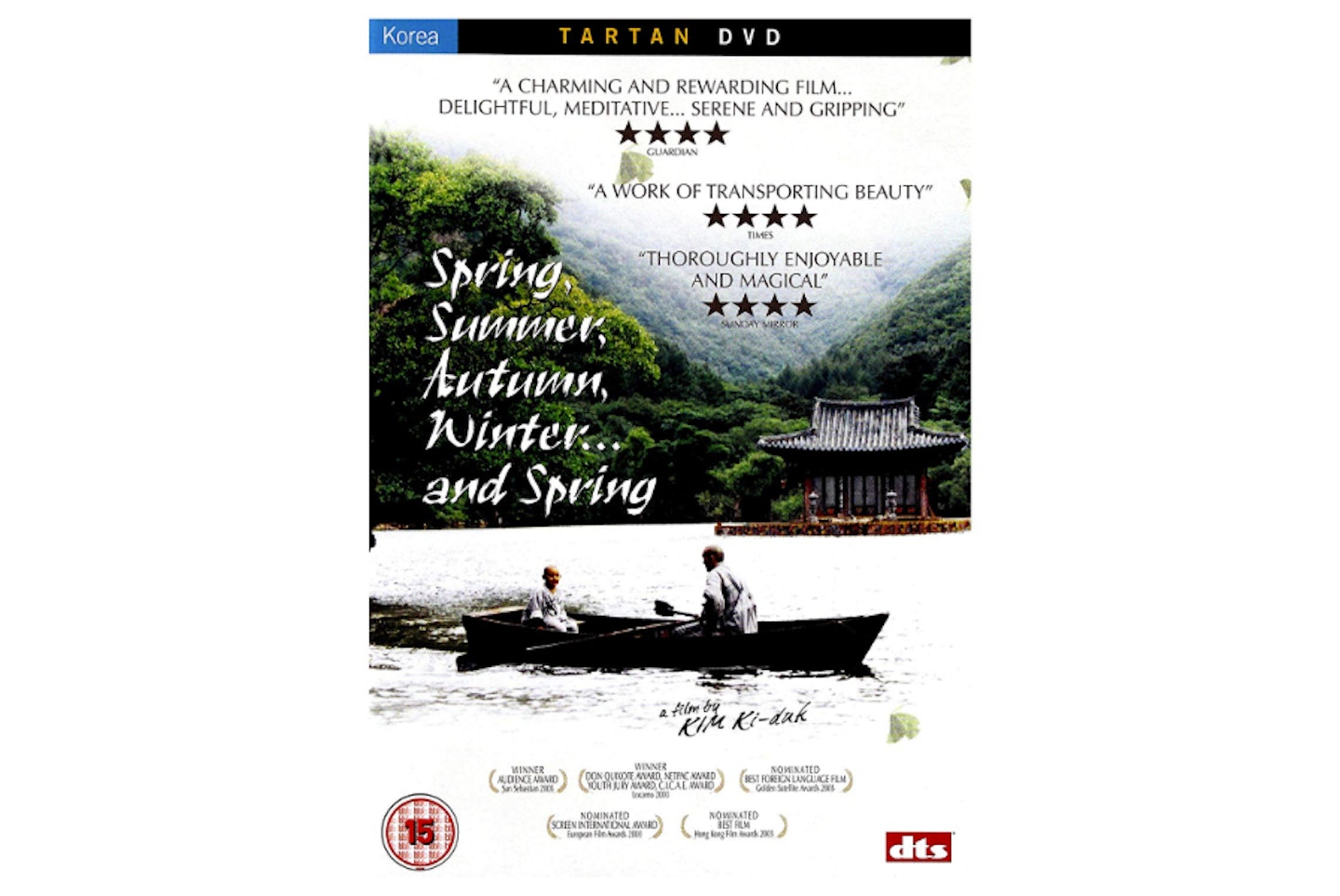 5 of 18
5 of 18Spring, Summer, Fall, Winter... and Spring (2003)
2003's Spring, Summer, Fall, Winter... and Spring is a pastoral and contemplative piece from renowned art-house horror director Kim Ki-duk. This simple and episodic tale follows the life of a Buddhist monk who lives in an idyllic temple upon a tranquil lake with his master, and explores how the concepts of joy, sorrow, memory and regret play differing roles throughout our lives. The narrative is poignant, and the cinematography pastorally picturesque. The European DVD release of this movie is no longer in print, but second-hand copies are readily available.
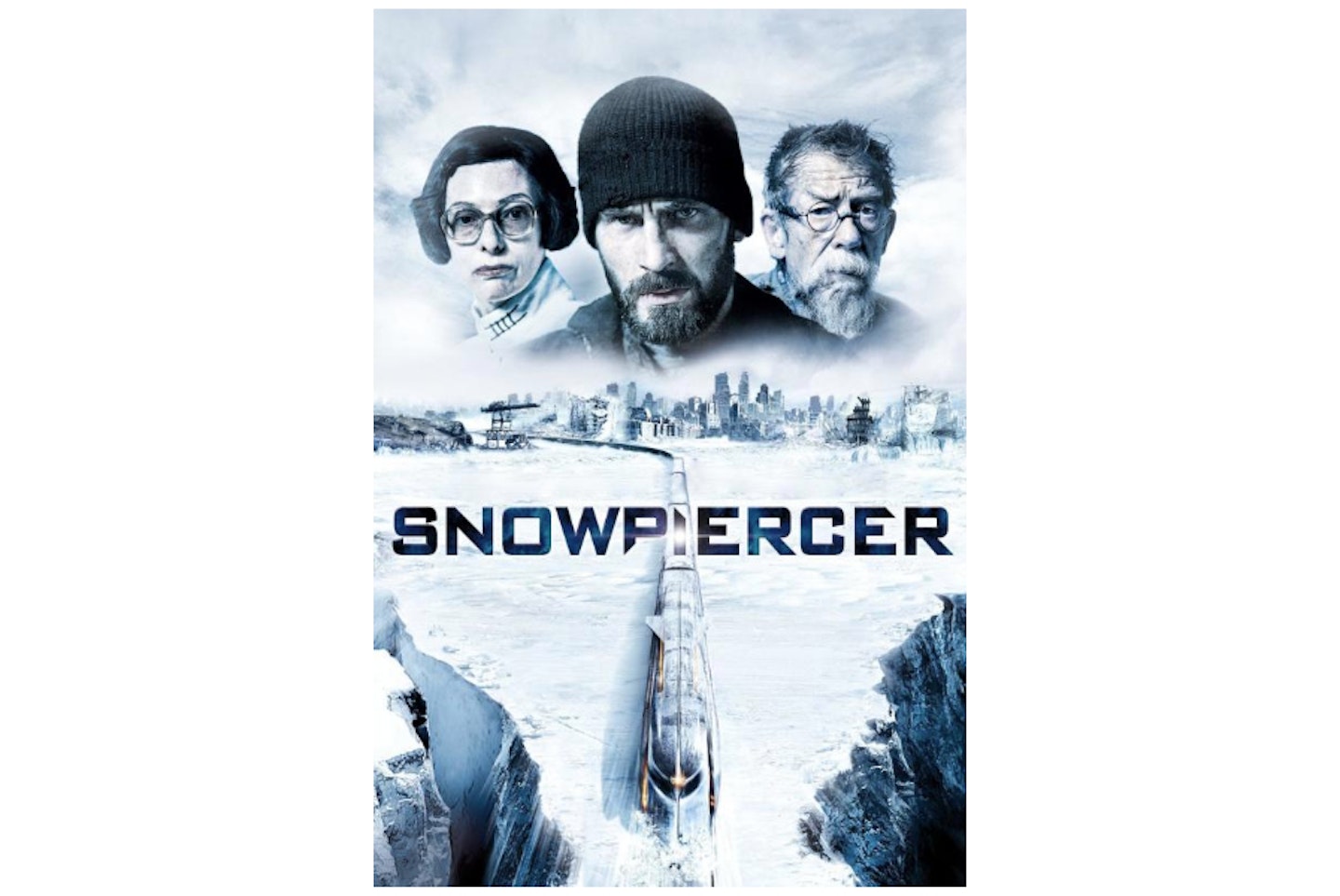 6 of 18
6 of 18Snowpiercer (2013)
Snowpiecer was Bong Joon Ho's debut into English-language movies and, after suffering a tortured and delayed journey to British screens, is finally available to stream in the UK. Set in a climate-ravaged future, it depicts a world that has become an inhospitable frozen-hellscape, with the last of humanity perpetually driven forward on a high-speed fortified train. At the front of the train dwells rail-bound aristocrats, while the rear is tightly occupied by the disgruntled and under-fed proletariat. Curtis Everett (Chris Evans) leads a furious rebellion which aims to take the engine, and thereby control of the micro-society. It's a delirious and surreal movie – ostensibly an action-thriller, with science-fiction trappings and a core of social commentary – boasting an impressive ensemble cast of Song Kang-ho (Parasite), Tilda Swinton, Jamie Bell, Ed Harris, and John Hurt.
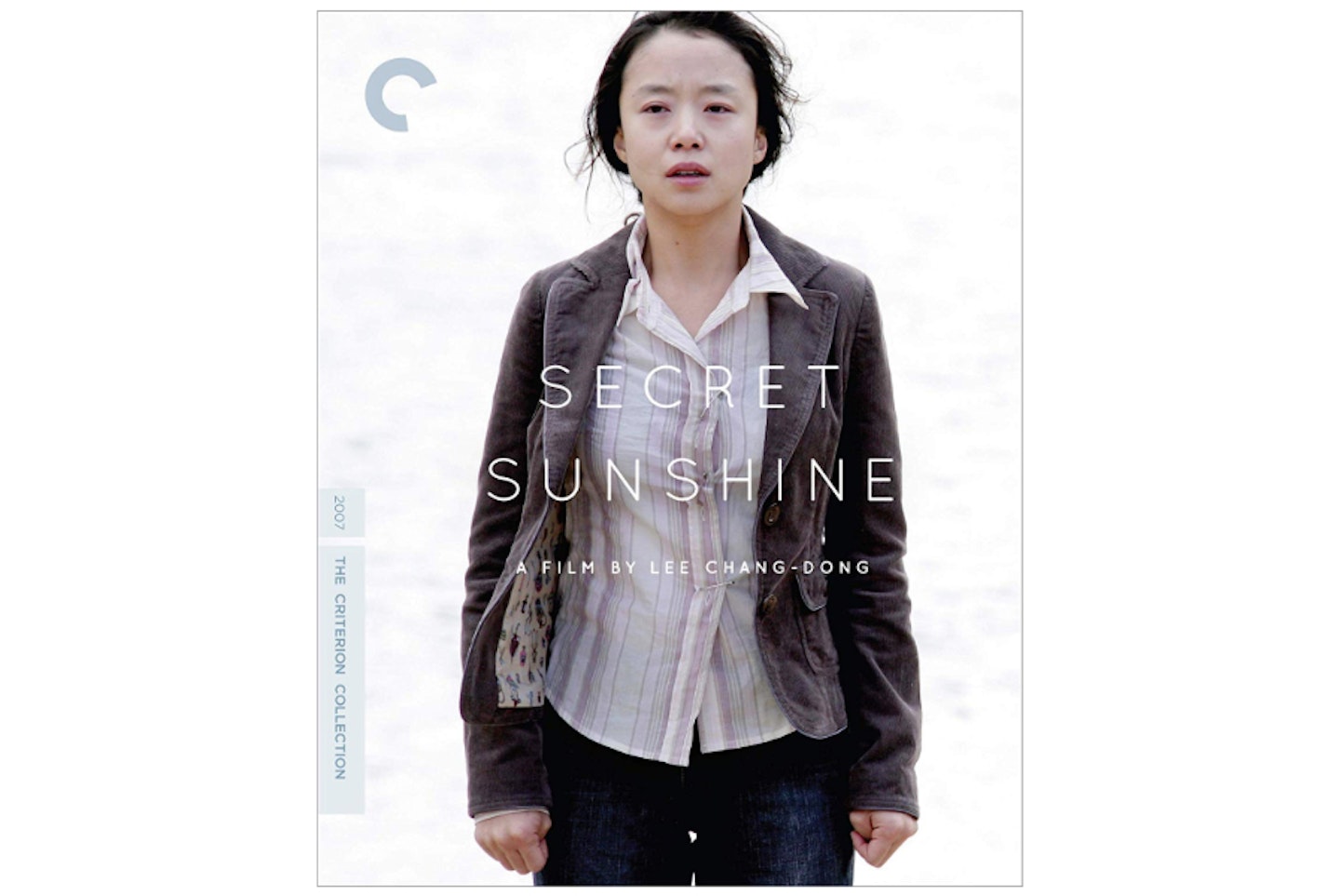 7 of 18
7 of 18Secret Sunshine (2007)
Widow Lee Shin-ae (Jeon Do-yeon) and her child, in the search for a fresh start, move to the unassuming town of Miryang (which translates as 'Secret Sunshine'). Shin-ae strikes up an unlikely but welcome friendship with mechanic Kim Jong-chan (Song Kang-ho), and things seem to be moving in the right direction, when her child is suddenly abducted. What follows is a tender and heartrending exploration of mourning, religion, and culture from acclaimed filmmaker Lee Chang-dong.
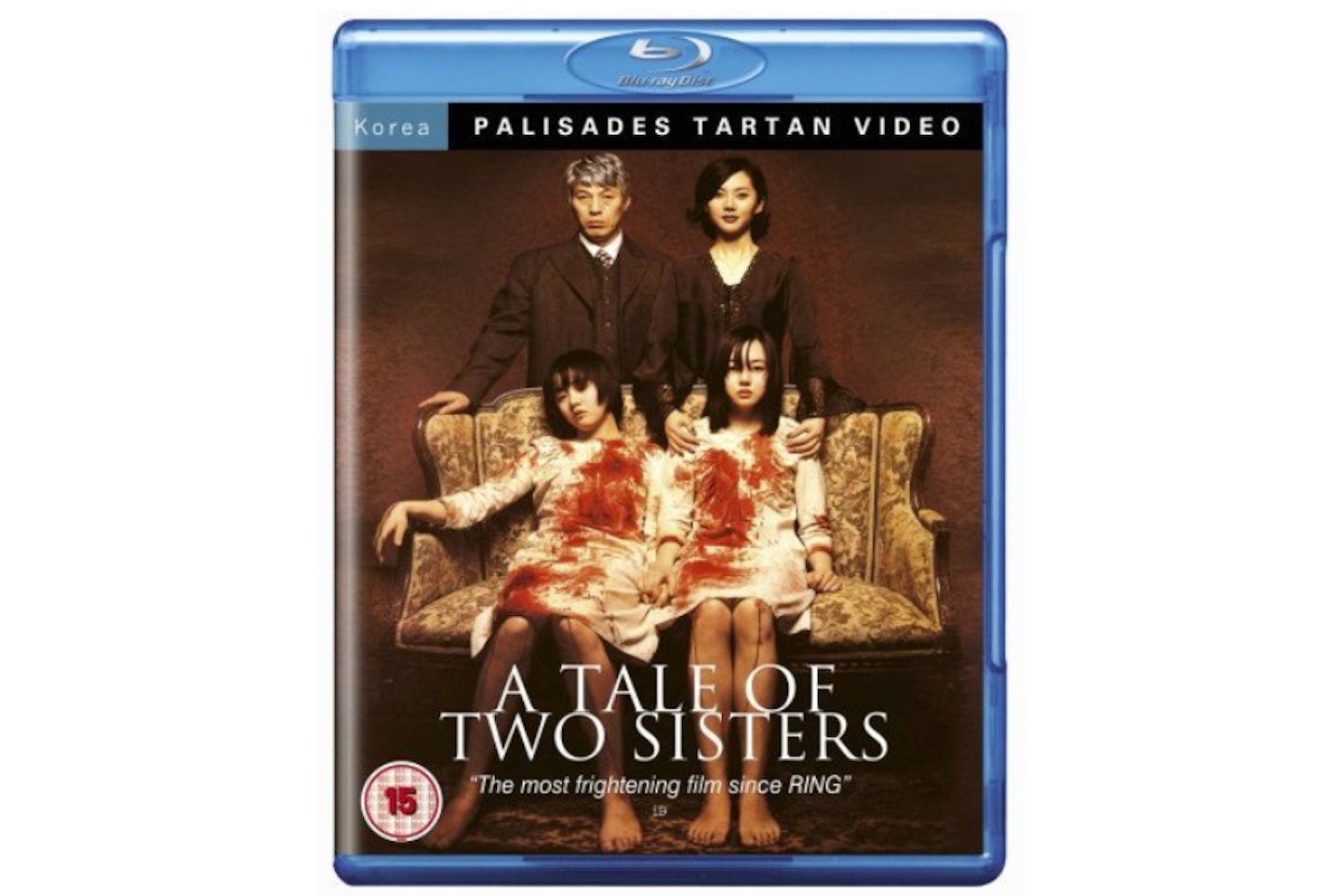 8 of 18
8 of 18A Tale of Two Sisters (2003)
A Tale of Two Sisters is a psychological horror film by director Kim Jee-Woon. After recovering from psychosis, two sisters return to their father's country house. The older sister is very protective over the younger, who is bullied by their obsessive and unbalanced stepmother. After a series of increasing bizarre and thoroughly creepy events, questions are raised regarding the malicious forces at work within the house. Its compelling narrative is bolstered by impressive cinematography that ratchets up the tension considerably.
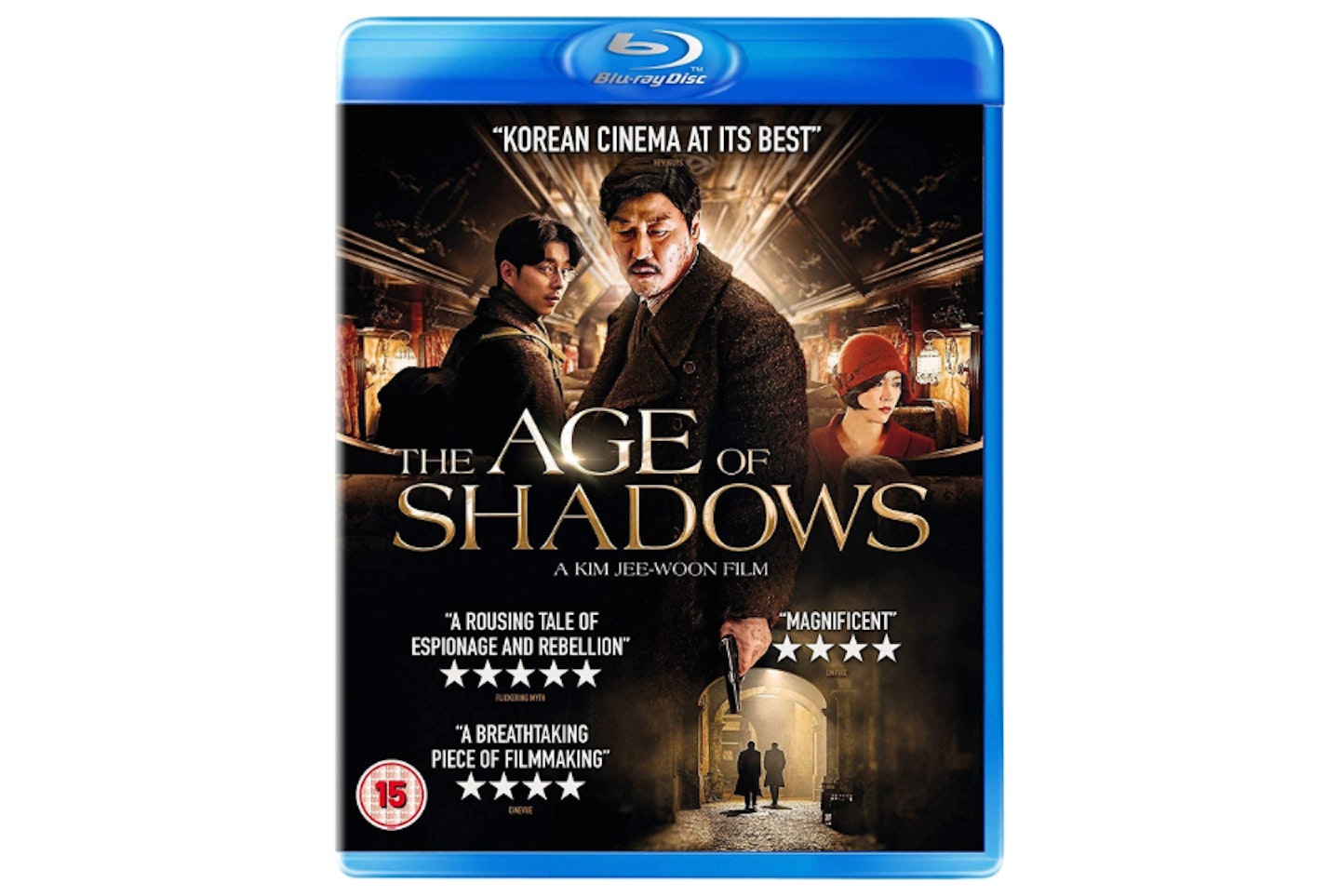 9 of 18
9 of 18The Age Of Shadows (2016)
Set during the 1920s during the Japanese occupation, The Age Of Shadows follows Korean resistance fighters attempting to smuggle explosives into Seoul. The narrative brilliantly demonstrates and explores how friends and fellow countrymen can end up on opposing sides during times of political oppression and the immense personal conflicts that can occur therein.
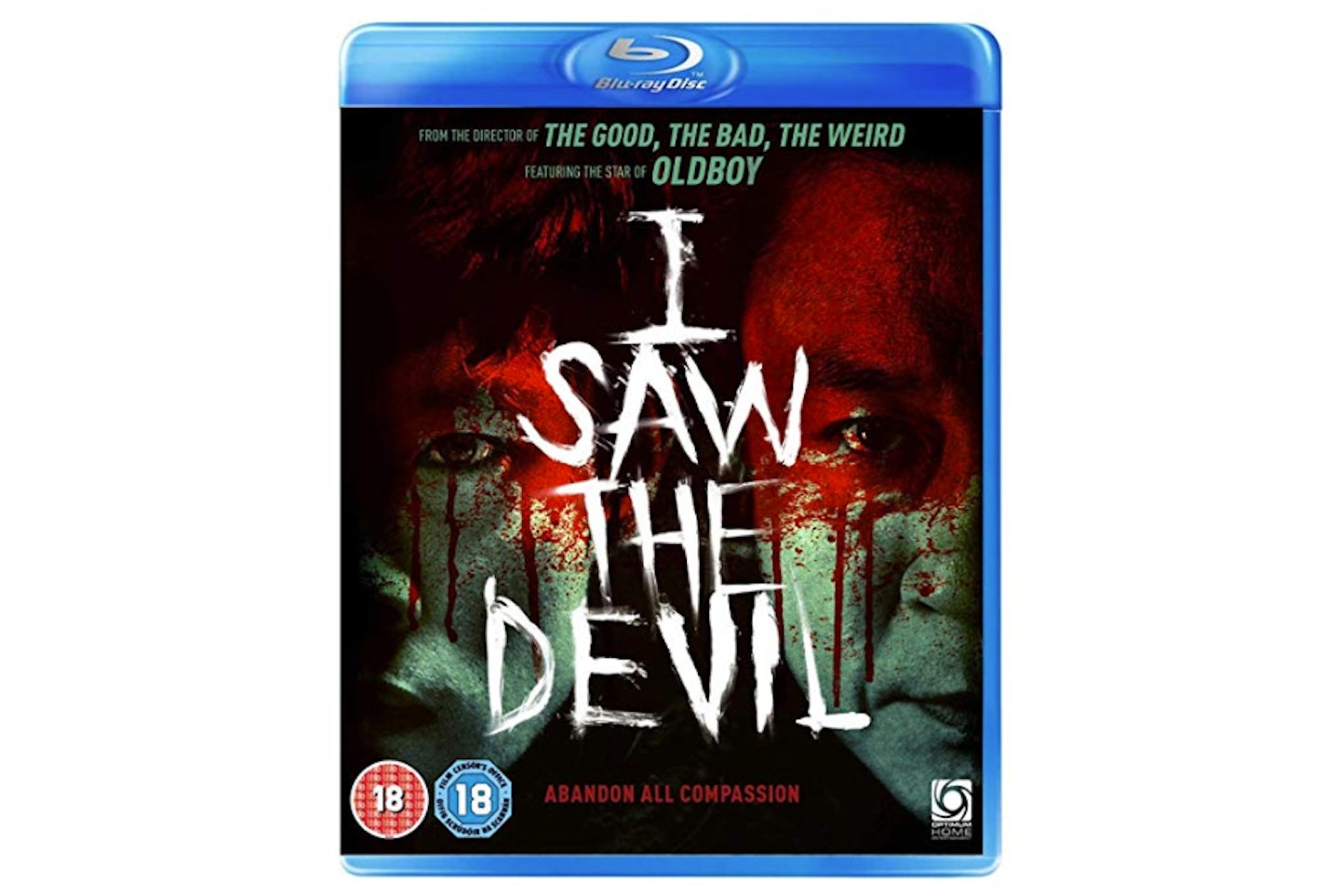 10 of 18
10 of 18I Saw The Devil (2010)
It might not be supernatural, but I Saw The Devil is as close to horror as serial killer movies get. When NIS agent Soo-hyun (Lee Byung-hun) finds that his fiancé is the latest victim of ultra-violent murderer Kyung-chul (Choi Min-sik), he goes rogue and seeks unwavering, total revenge. From director Kim Jee-Woon, it's a gruesome, twisted revenge thriller littered with psychopaths, sadistic violence, and more blood than can possibly be imagined – but with a streak of blackly comic humour, if you can stomach it.
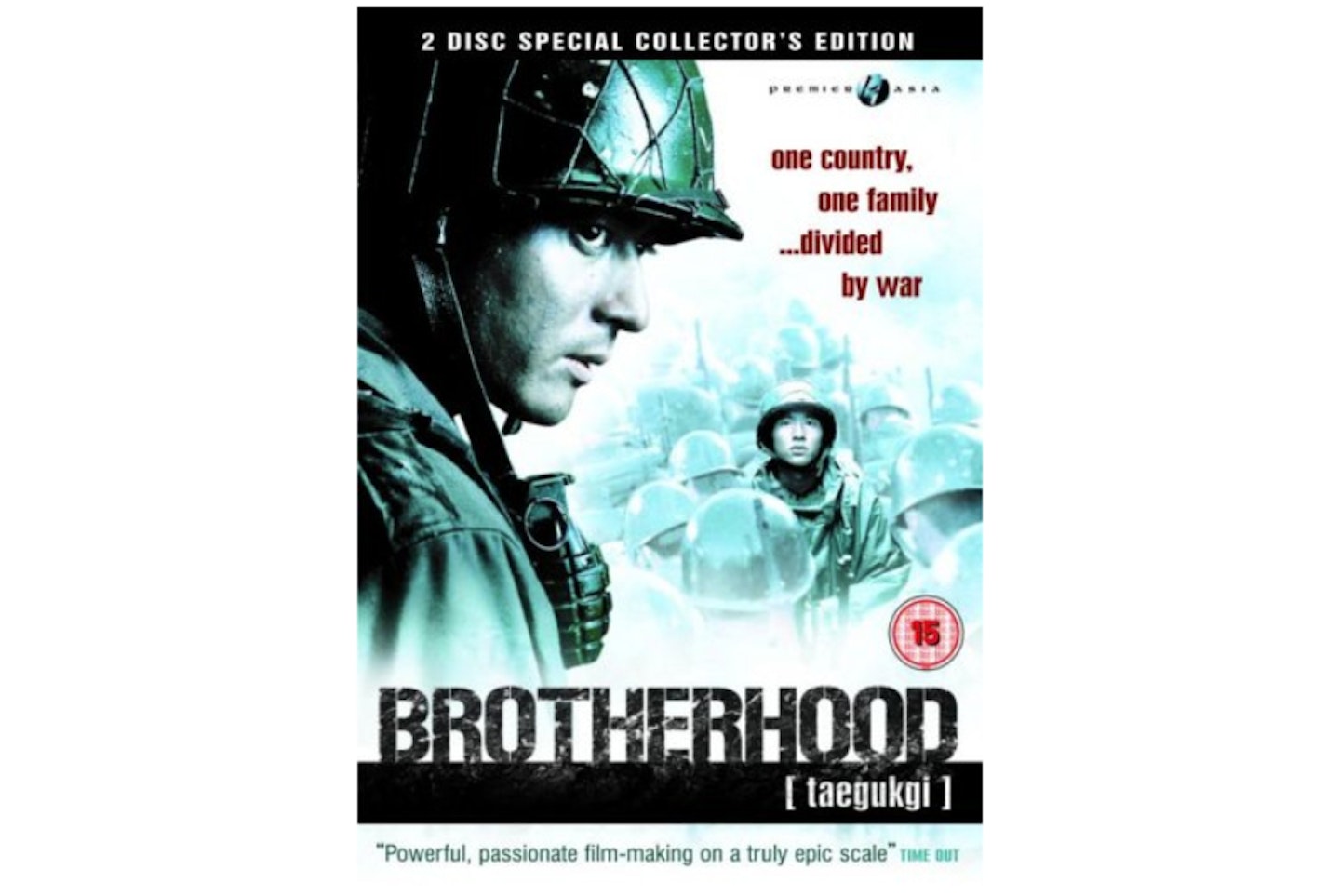 11 of 18
11 of 18Tae Guk Gi: The Brotherhood of War (2004)
Largely set in the 1950s during the Korean War, Kang Je-gyu's film follows Seoul brothers Jin-tae (Won Bin) and Jin-seok (Jang Dong-kun) whose hard but peaceful lives are shattered when North Korea invades, triggering the South's military conscription. Once forcibly enlisted, Jin-tae is told that he can free his younger brother from service if he earns the highest military honour. Inspired by this promise, Jin-tae gathers a small force and mounts a selflessly daring raid which sets the siblings on divergent and tragic courses. This sobering title won Best Film and Best Director at the Asia Pacific Film Festival in 2005.
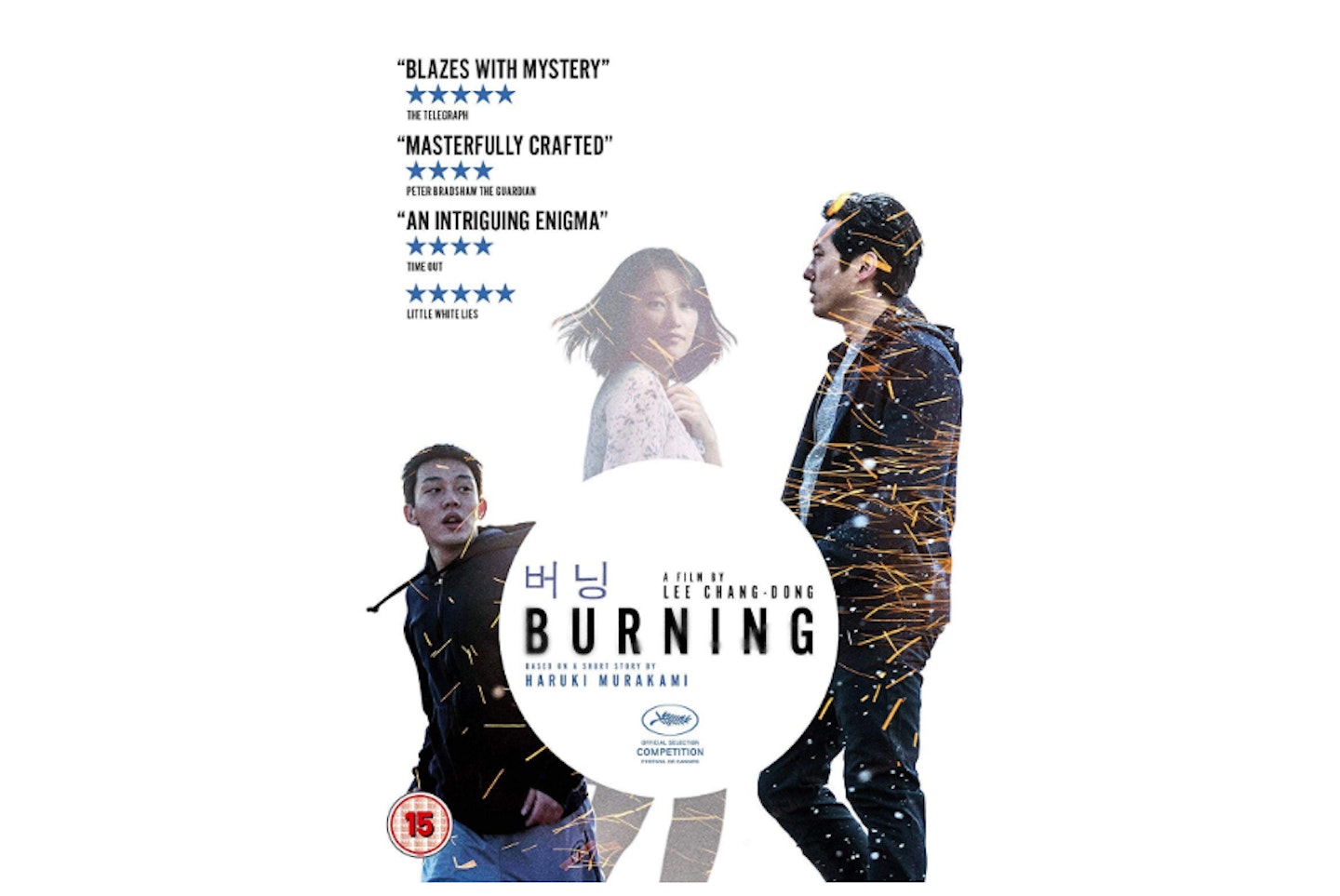 12 of 18
12 of 18Burning (2018)
Lee Chang-dong's latest is a moody thriller that shares some thematic links with Parasite, based on a short story by Haruki Murakami. Yoo Ah-In is Jongsu, a lonely young man who unexpectedly reconnects with old school friend Haemi (Jeon Jong-seo) who he barely remembers. They strike up a sort of relationship – but when she returns from a trip to Africa with Steven Yeun's well-to-do Ben (a slick, suspiciously hollow Gatsby-esque figure) things get complicated. It's a slow-building, intoxicating drama-thriller with ambiguities that linger long after the credits roll.
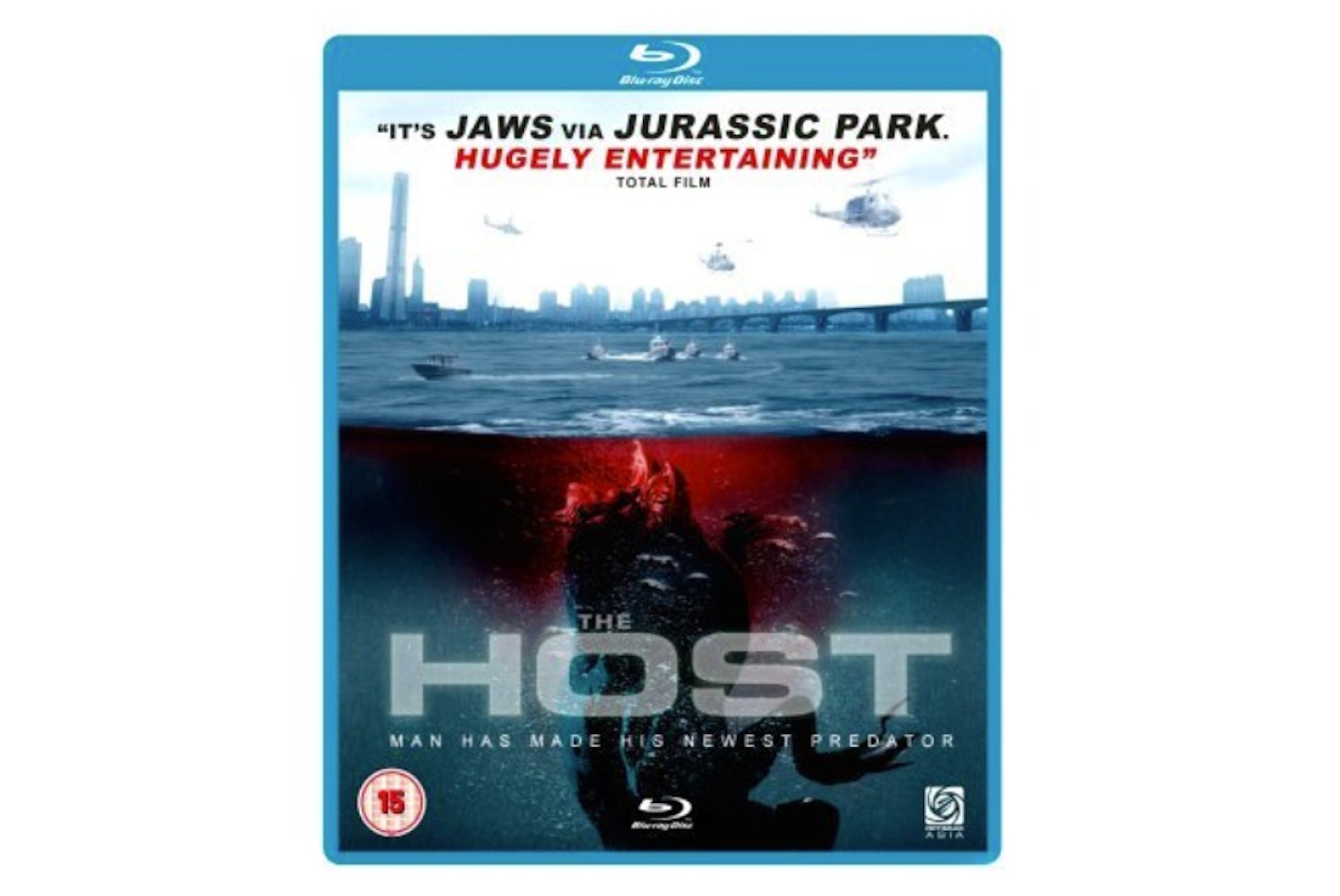 13 of 18
13 of 18The Host (2006)
Parasite sounds like it could be a monster movie – but director Bong Joon Ho had already done that with this story of a giant chemically enhanced tadpole, rampaging through the streets of Seoul and trapping young girl Hyun-seo (Go Ah-sung) in its sewer lair. Anxious to save his daughter, lazy father Park Gang-du (Song Kang-ho) gathers the family (including his professional archer sister, naturally) and embarks on a rescue mission. It was Bong's first major crossover hit, laced with family drama, political commentary, and sci-fi imagination – and a new movie monster to rank alongside Godzilla and the greats.
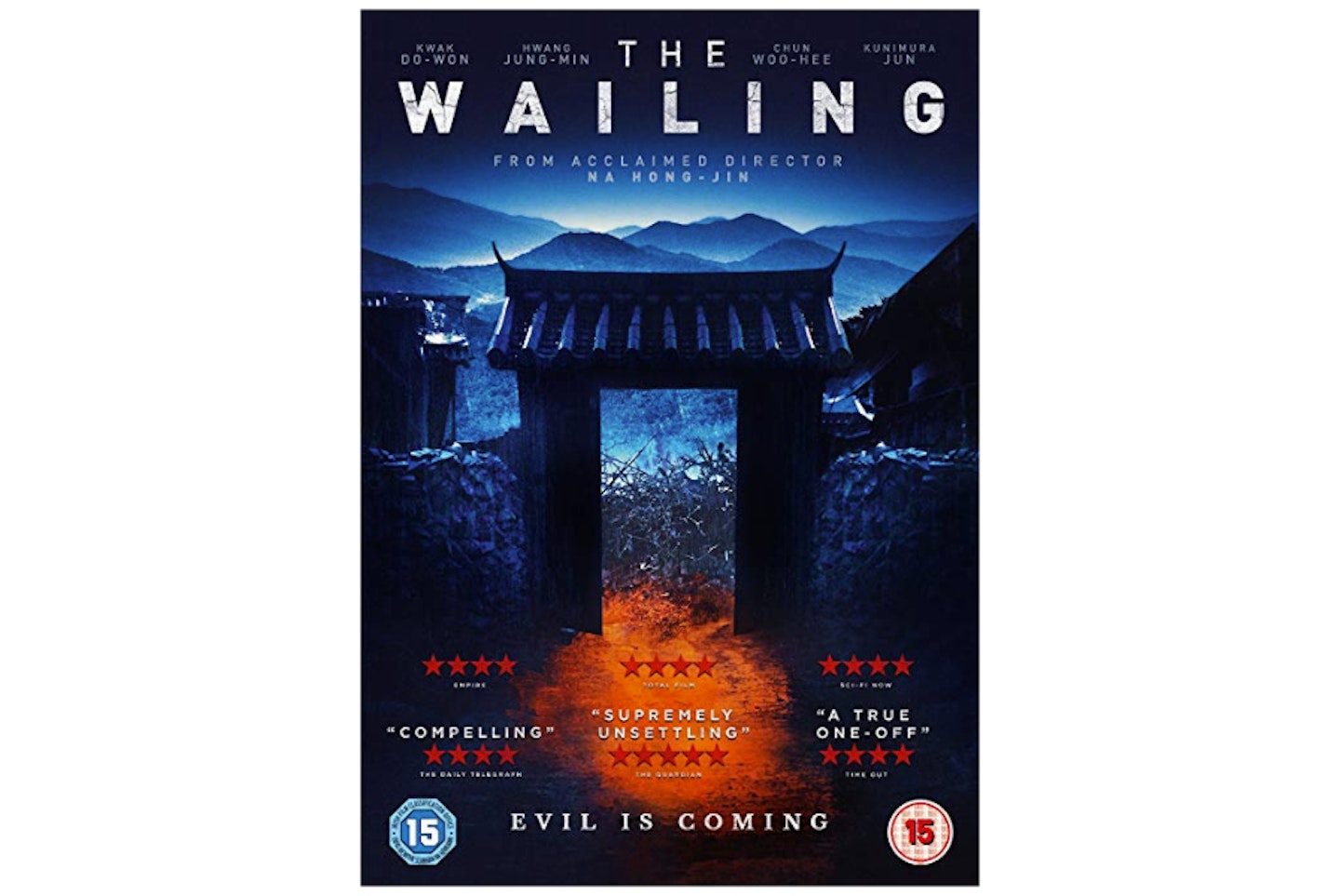 14 of 18
14 of 18The Wailing (2016)
One for the horror hardcore. Following the arrival of a mysterious Japanese man (Jun Kunimura) to the small Korean village of Goksung, overworked local police officer Jong-goo (Kwak Do-won) has to investigate a spate of killings and an apparent outbreak of mass psychosis. Despite bouts of knockabout comedy, The Wailing eventually conjures up a lingering dread and bone-rattling climax that's near-impossible to shake.
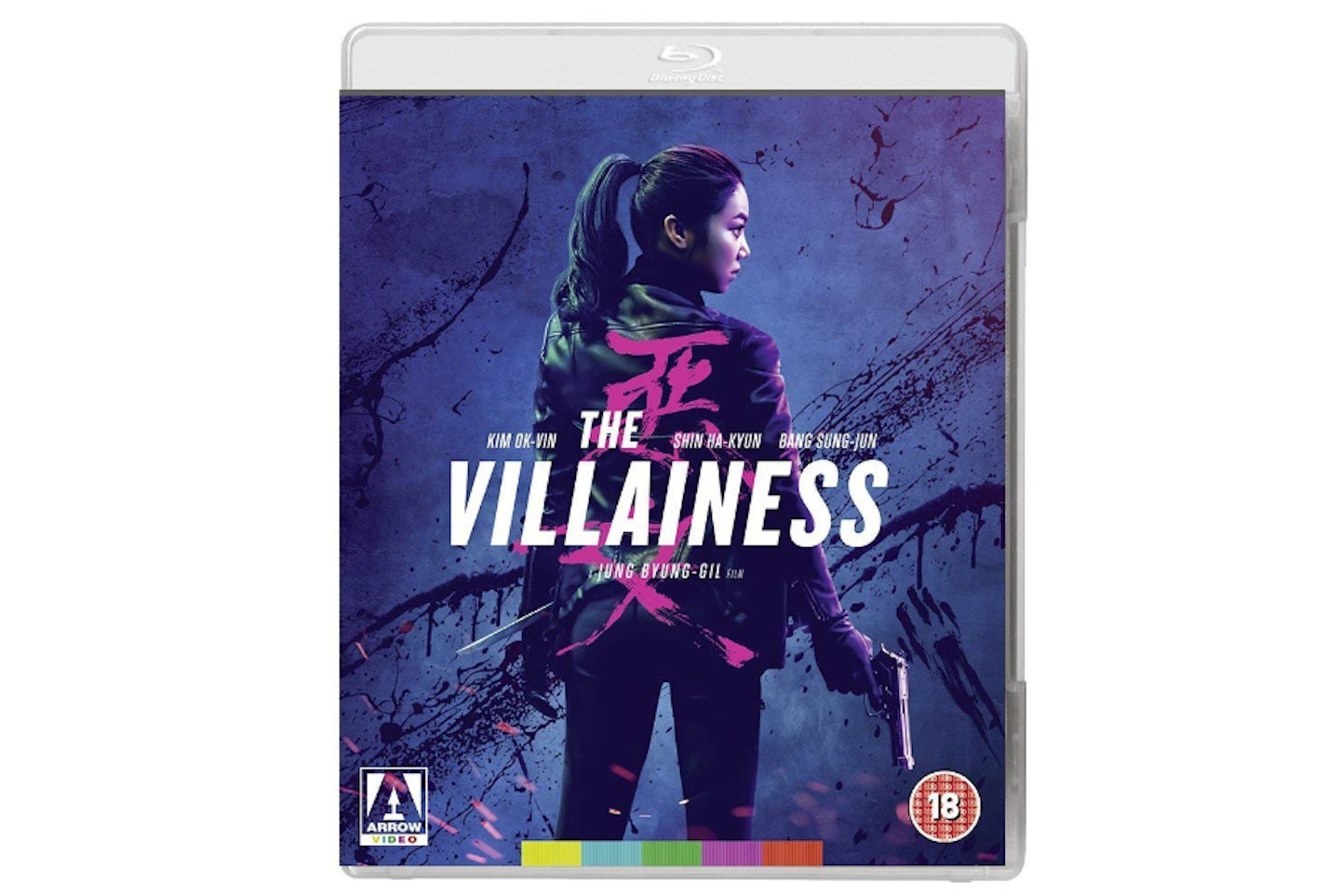 15 of 18
15 of 18The Villainess (2017)
Sook-hee (Kim Ok-bin) is an assassin out for revenge. Before she can fully settle into a new peaceful life, two men appear with information about her past which launches her back into a world of blood and bodycounts. Director Jung Byung-gil's decision to open the movie with a brilliantly executed first-person action sequence perfectly sets the tone for this brutal, frenetic action film, which sits comfortably alongside The Raid and John Wick as a modern action classic – and became a notable reference point for John Wick: Chapter 3 – Parabellum, especially its bikes-and-swords chase sequence.
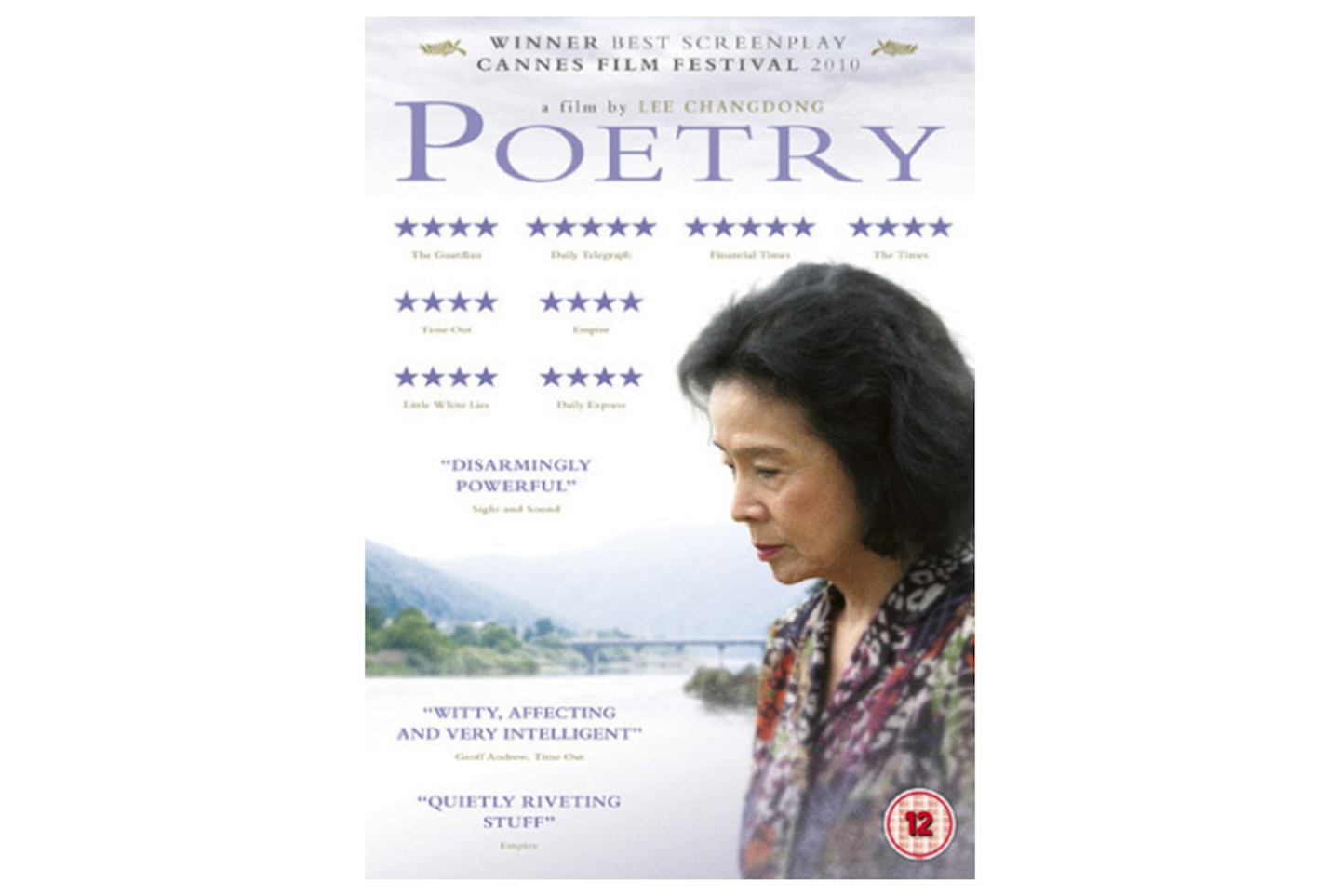 16 of 18
16 of 18Poetry (2010)
Director Lee Chang-dong helms the tender and heartfelt Poetry, which tells the tragic story of Mi-ja, a sexagenarian who uses poetry to process her Alzheimer's disease and the heinous acts of her grandson. Poetry is a compelling drama and hosts incredible acting turns that perfectly balance the beautiful and bleak.
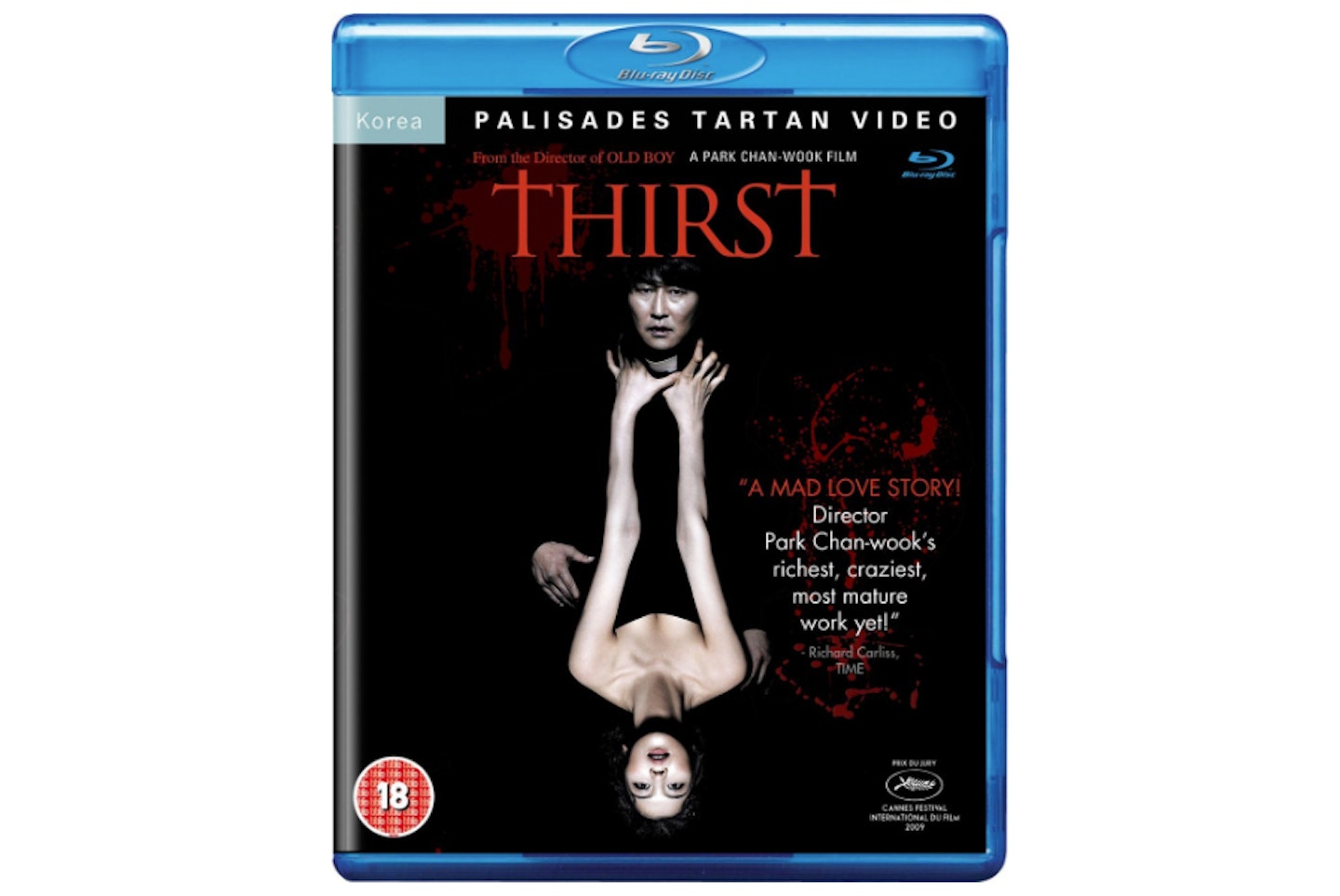 17 of 18
17 of 18Thirst (2009)
Park Chan-wook presents a vampire movie like no other, a modern supernatural horror tale which boldly leans into the inherent eroticism of the traditional vampire mythos. Catholic priest Sang-hyun (Song Kang-ho) volunteers for a secretive medical experiment which inadvertently turns him into a vampire driven by a potent desire for blood and human flesh. After beginning an affair with Tae-ju (Kim Ok-bin), a member of his congregation and wife to an ill husband, a secretive love triangle is sparked, laced with religious guilt and passion.
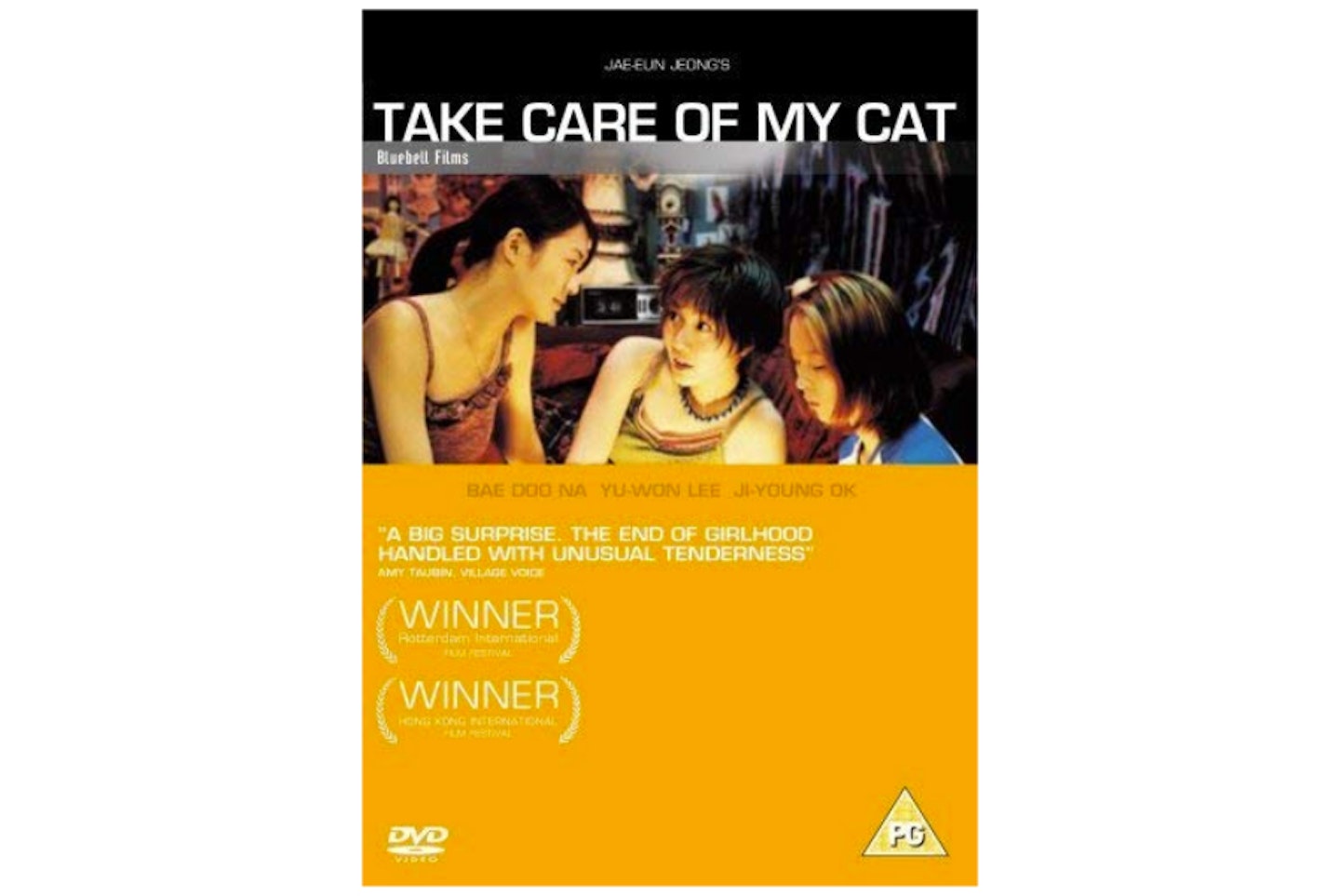 18 of 18
18 of 18Take Care Of My Cat (2001)
Set in the city port of Icheon, Take Care Of My Cat follows five female friends as they come to terms with life after high school. Their bond is tested when the ambitious Hae-joo (Lee Yo-won) heads for a career in Seoul, leaving the remaining friends to forge a path through life and the pressures of adult responsibility. Jae-eun Jeong's movie is a bittersweet coming-of-age story which explores adulthood, female identity and the Korean socio-economic divide.
READ MORE: Upcoming Blu-Ray And DVD UK Releases
READ MORE: The Best Anime Movies
READ MORE: The Best Horror T-Shirts
